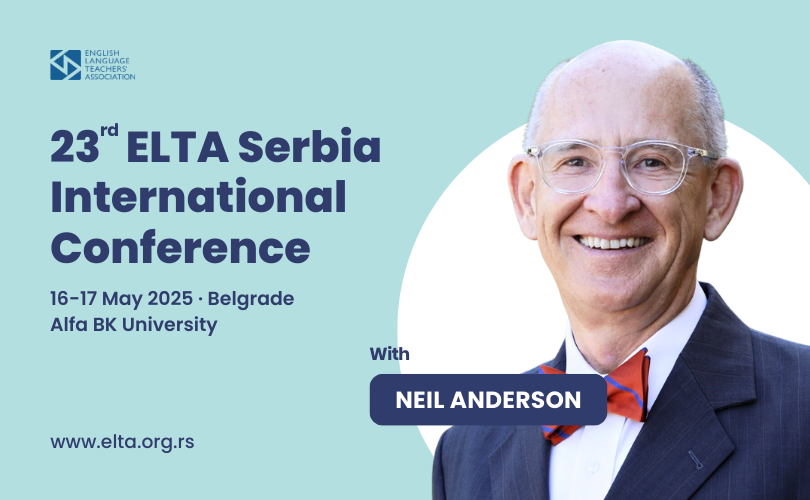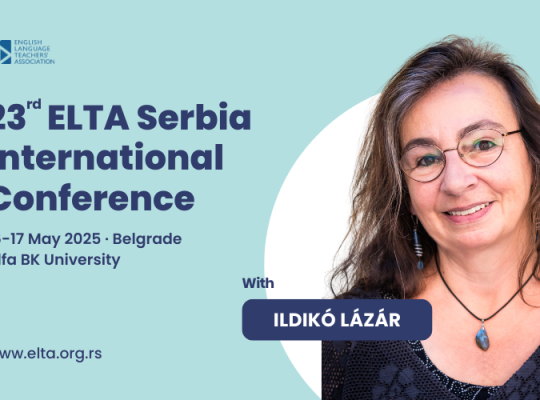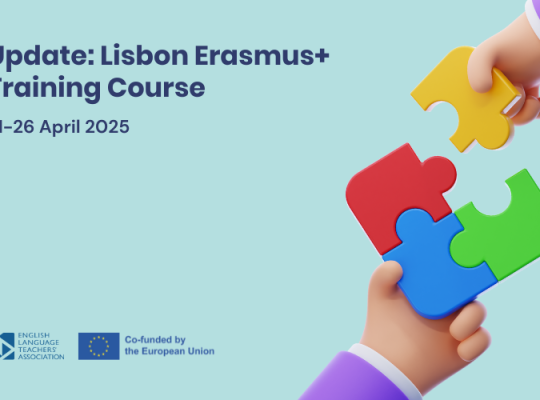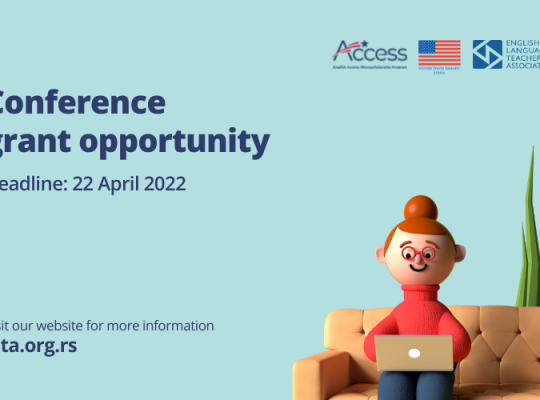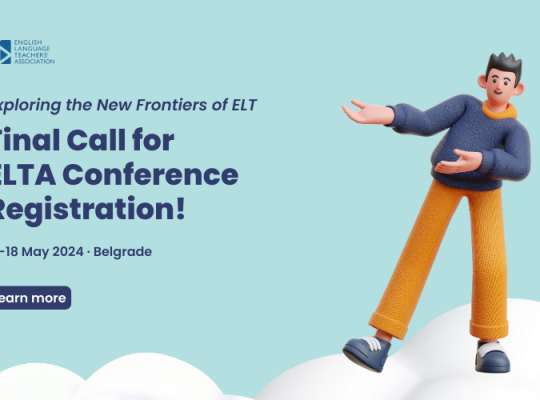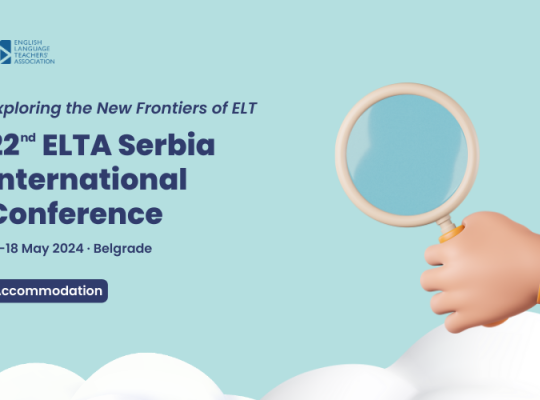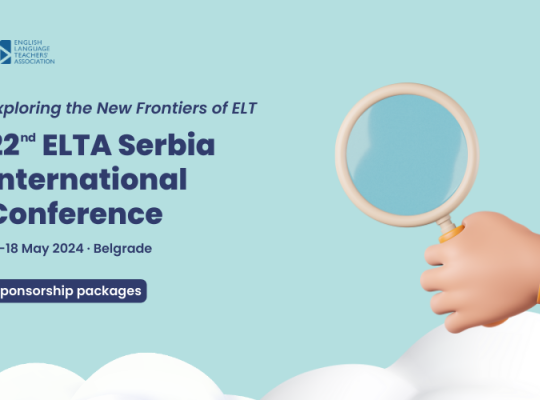We are honored to welcome our seventh and final plenary speaker, Dr. Neil Anderson, Professor Emeritus from Brigham Young University–Hawaii! A distinguished scholar and leader in the field of English language teaching (ELT), Dr. Anderson brings a wealth of expertise and experience that will undoubtedly inspire and enrich our conference.
Key Areas of Expertise:
- Second language reading & learner strategies
- Self-assessment & motivation in language learning
- ELT leadership development
Dr. Anderson is the author or co-editor of over 50 books, book chapters, and journal articles. His most notable publications include:
- Exploring Second Language Reading: Issues and Strategies (1999, Heinle/Thomson – 2nd edition in progress)
- Practical English Language Teaching: Reading (2008, McGraw Hill)
- L2 Reading Research and Instruction: Crossing the Boundaries (2009, The University of Michigan Press)
- ACTIVE Skills for Reading (3rd Edition, 2013, National Geographic Learning/Cengage)
Beyond his research and publications, Dr. Anderson has held prominent leadership roles in global ELT organizations:
- TESOL President (2001-2002)
- Board of Trustees Member, The International Research Foundation (TIRF) (2002-2008)
- TIRF Board President (2004-2006)
- Fulbright Teaching and Research Scholar in Costa Rica (2002-2003) and Guatemala (2009-2010)
- Recipient of the 2014 James Alatis Service Award to TESOL
Plenary Session: Creating an Engaging and Rigorous Learning Environment Through the Integration of Language Skills
Education as the passport to the future requires creating a classroom learning environment that is both engaging and rigorous. Creating this environment requires careful planning by both classroom teachers and materials developers. A curriculum that appropriately integrates all language skills is essential to establishing a positive learning environment.
Opportunities and challenges exist in language skill integration. The opportunities include creating more natural connections among listening, speaking, reading, writing, grammar and vocabulary instruction. The challenges include the lack of depth in skill development.
This plenary session presents three language curricular options for skill integration. These curricular options contribute to an engaging and rigorous classroom learning experience that promotes education with an eye to the future.
Workshop: Teaching Reading in the Age of AI
This workshop focuses on appropriate uses of Artificial Intelligence (AI) in the creation of classroom reading materials to improve reading proficiency. We will (1) summarize the pros and cons of using Chat GPT in the classroom, (2) design a reading passage and comprehension questions using Chat GPT 3.5 and edit the passage with ER Central’s Online Graded Text Editor, and (3) critique the activity to determine if you could use it on your own in the future.
His vast expertise and commitment to advancing English language teaching make him an exceptional addition to our plenary lineup. We can’t wait to welcome him to our conference!

